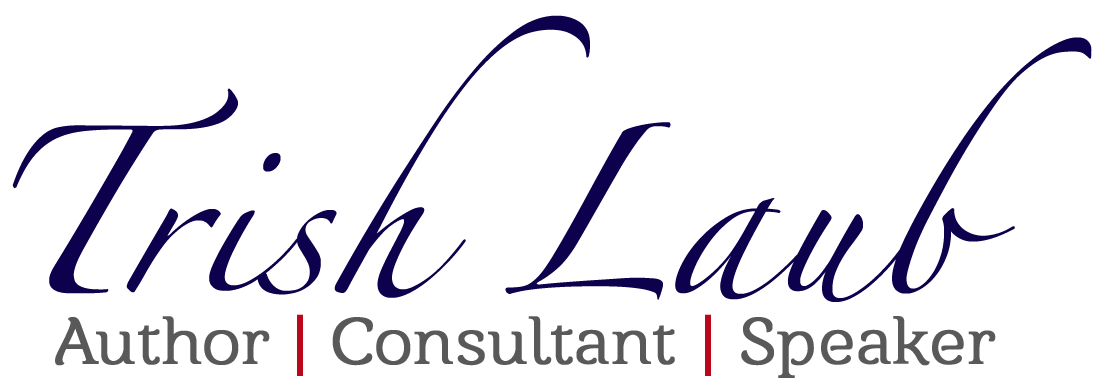“Some caregiving journeys are evolutionary, starting slowly and gradually moving into full-time care. Others are revolutionary, beginning in a single moment during which life changes forever.
In either case, providing the best care requires knowing how to manage the initial crises. At first, there may be two simultaneous crises. One is the crisis of the person who is in need of caregiving as the result of a serious medical situation. The other is the crisis of the caregiver whose life has been presented with numerous challenges from scheduling to finances. It may be necessary to address the crisis of the person requiring care first, and you may feel you don’t have time to properly think through your caregiving crisis. However, the sooner you do it and find a sustainable equilibrium, the more quickly you can move forward to providing the best care possible.”
Read More












